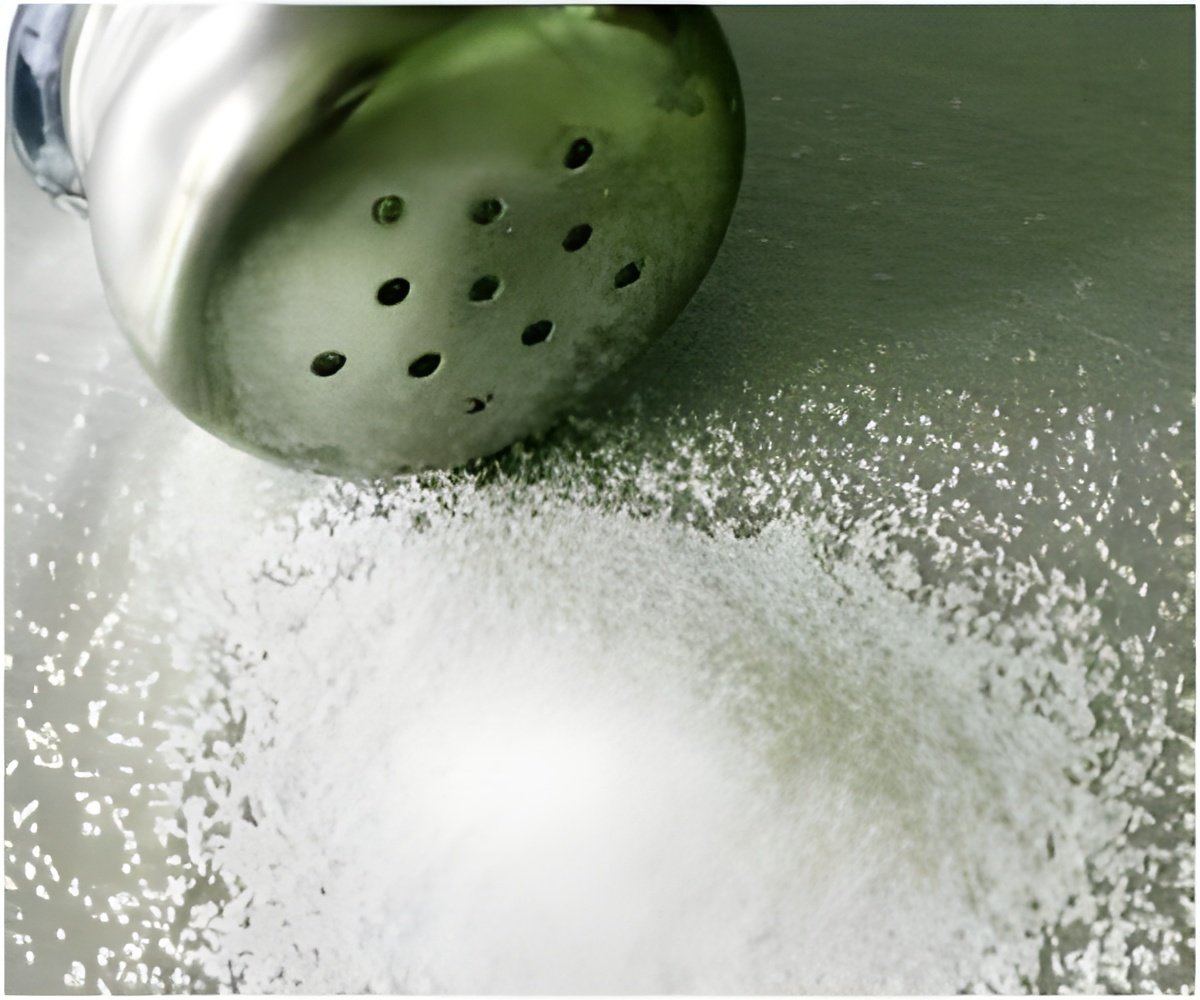Consumption of an extra gram of salt a day increases the chances of becoming obese by 20 percent. Daily intake of sodium should be from a minimum of 0.8g to 2.4g.

Researchers analyzed urine samples over 24 hours and calculated calorie intake based on a four-day dairy and found that the salt in urine samples from overweight people was higher in those who were obese.
The rise in salt intake can increase weight by as much as 20 percent. Salt may have an effect on metabolism said the researchers.
“These results suggests that salt intake is a potential risk factor for obesity independent of energy intake,” the authors wrote.
But experts urged caution, saying the finding were unreliable because people in the study self-reported how much they ate.
“Salt reduction is important to reduce cardiovascular risk but the combination of a weak study design and lack of any strong mechanistic basis for the association between salt and fatness means that this study should not detract from the main cause of weight gain which is consuming too many calories,” said Susan Jebb, a professor of diet and population health at the University of Oxford.
“The food we eat is now the biggest cause of ill health through its high salt, fat and sugar content added by the food industry,” said Graham MacGregor, a professor of cardiovascular medicine at Queen Mary University of London and chairman of Consensus Action on Salt and Health.
The recommended sodium intake for an adult is 2.4g, which is equivalent to 6g of salt.
According to the NHS, daily intake of sodium should be from a minimum of 0.8g to 2.4g, depending on the age, anything more than that can cause high blood pressure, heart, attack stroke and kidney disease.
The study is published in the journal Hypertension.
Source-Medindia
 MEDINDIA
MEDINDIA




 Email
Email










